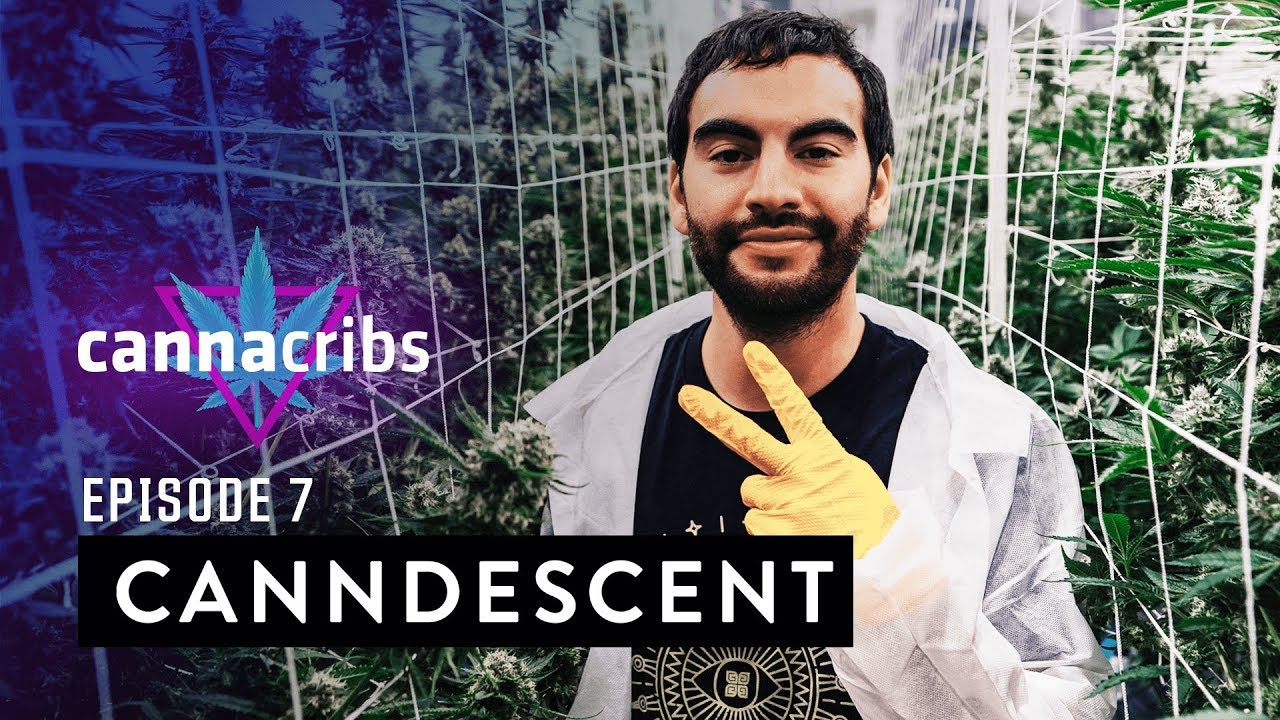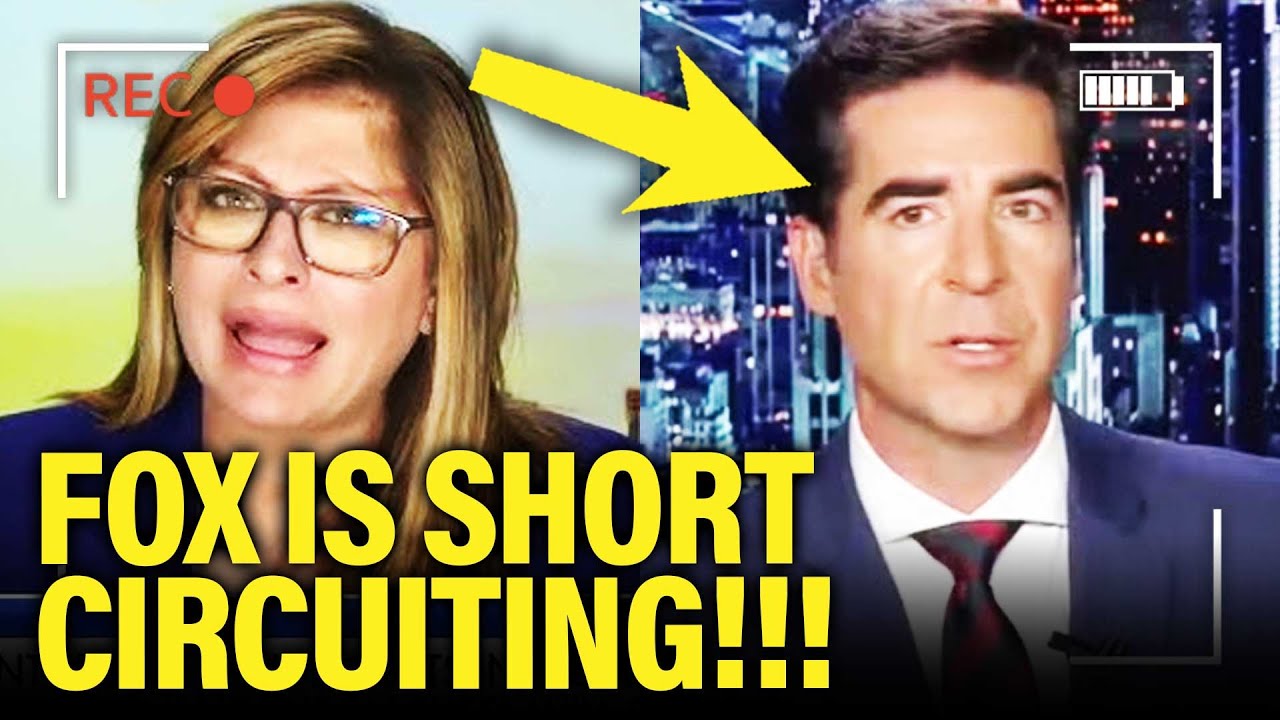U.S. Navy Expands Marijuana Waiver Authority To Address Recruiting Shortfalls
Amid the U.S. military’s ongoing recruiting crisis, the Navy is expanding authority to grant waivers to recruits who arrive at boot camp and initially test positive for marijuana, instead of simply sending them home.
“If they fail that test and own up—’Yes, I smoke marijuana ‘—we do an evaluation of the young person to make sure there’s not something else going on,” Rear Adm. James Waters told reporters this week. “But we trust that through the process of boot camp that we have an opportunity to bring them along with our culture.”
Waters, who directs the Navy’s military personnel plans and policy division, explained that the goal of the change is to be “reflective of where legislation is in society.”
“We recognize that many states have legalized marijuana,” he said, according to the outlet Military.com.
As that publication notes, however, the policy shift is among a host of steps military officials across multiple branches have taken to address recruiting shortfalls in recent years across the armed forces. The changes have brought the current boot-camp dropout rate to about 10 percent, among the lowest in recent history.
If the Navy is going to meet its 2024 recruiting goal of bringing on 40,000 new sailors, Waters said, even losing 4,000 recruits during boot camp “is really, really unhelpful, and so we want to try to continue to work on that.”
The more lenient approach to failed drug tests is limited to initial screening for THC, Waters emphasized, noting that the policy does not apply to other drugs and adding: “We don’t do drugs in the military.”
The change comes shortly after a similar one was enacted at the Air Force, which reported late last year that it granted more than three times as many enlistment waivers to recruits who tested positive for THC as officials anticipated when they first expanded the waiver program in 2022.
The Air Force recently missed its annual recruitment goal for the first time since 1999, but Gen. Christopher Amrhein, the branch’s recruitment service commander, said last September that the situation could have been much worse if they hadn’t instituted the marijuana waiver policy.
In the first year since the waivers became available, the branch said it issued 165. That’s more than triple the 50 waivers it predicted it would grant annually. The policy covers both the Air Force and the Space Force.
For the Air Force in particular, this waiver program represents a notable development, as the branch instituted a policy in 2019 barring service members from using even non-intoxicating CBD, even if its derived from hemp and is therefore federally legal under the 2018 farm bill.
Over the past several years, particularly since hemp was legalized, multiple military branches have notified their rank-and-file about their specific rules around cannabis.
The Navy issued an initial notice in 2018 informing ranks that they’re barred from using CBD and hemp products no matter their legality. Then in 2020 it released an update explaining why it enacted the rule change.
In 2022, the Naval War College warned sailors and marines about new hemp products on the market, issuing a notice earlier last year that said members may test positive for marijuana if they drank a Rockstar energy drink that contained hemp seed oil.
A Massachusetts base of the Air Force, meanwhile, released a notice in 2021 stating that service members can’t even bring hemp-infused products like shampoos, lotions and lip balms to the base. “Even if it’s for your pet, it’s still illegal,” the notice said.
Officials with the division also said in 2018 that it wants its members to be extra careful around “grandma’s miracle sticky buns” that might contain marijuana.
The Coast Guard has said sailors can’t use marijuana or visit state-legal dispensaries.
In February, the Department of Defense (DOD) said that marijuana’s active ingredient delta-9 THC is the most common substance that appears on positive drug tests for active duty military service members. The second most common is delta-8 THC, which is found in a growing number of hemp-derived products that are being made available, including in states where marijuana itself remains illegal.
One of the first attempts by the U.S. military to communicate its cannabis ban came in the form of a fake press conference in 2019, where officials took scripted questions that touched on hypotheticals like the eating cannabis-infused burritos and washing cats with CBD shampoos. That was staged around the time that DOD codified its rules around the non-intoxicating cannabinoid.
On the opposite side of their military careers from the new recruits, military veterans have long been a driving force in the drug reform movement, in part because veterans have used the drug to treat mental and physical health issues and as an alternative to opioids.
More at ttps://www.marijuanamoment.net
source



